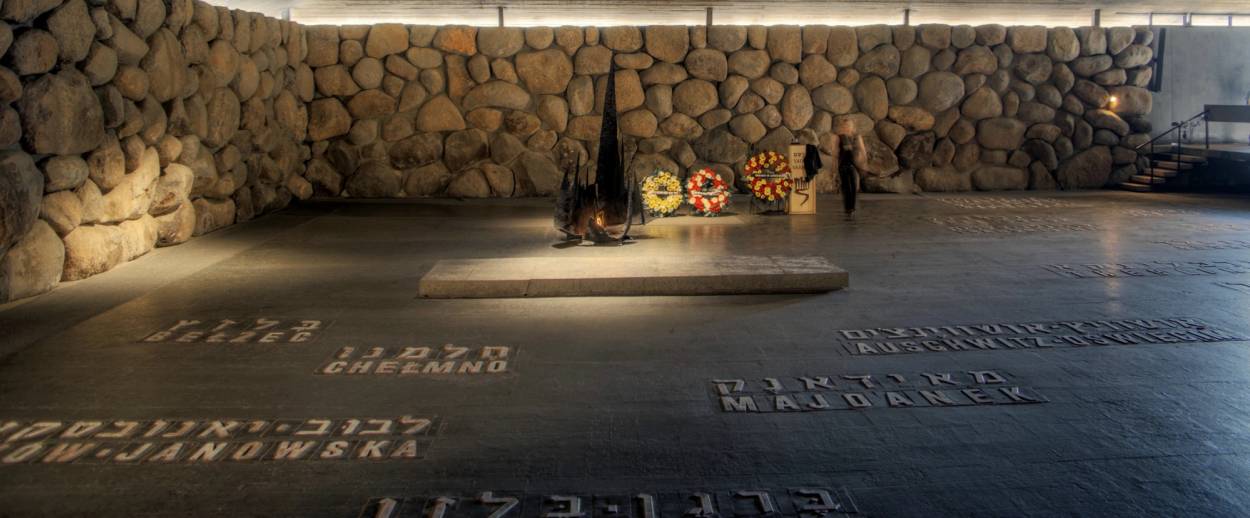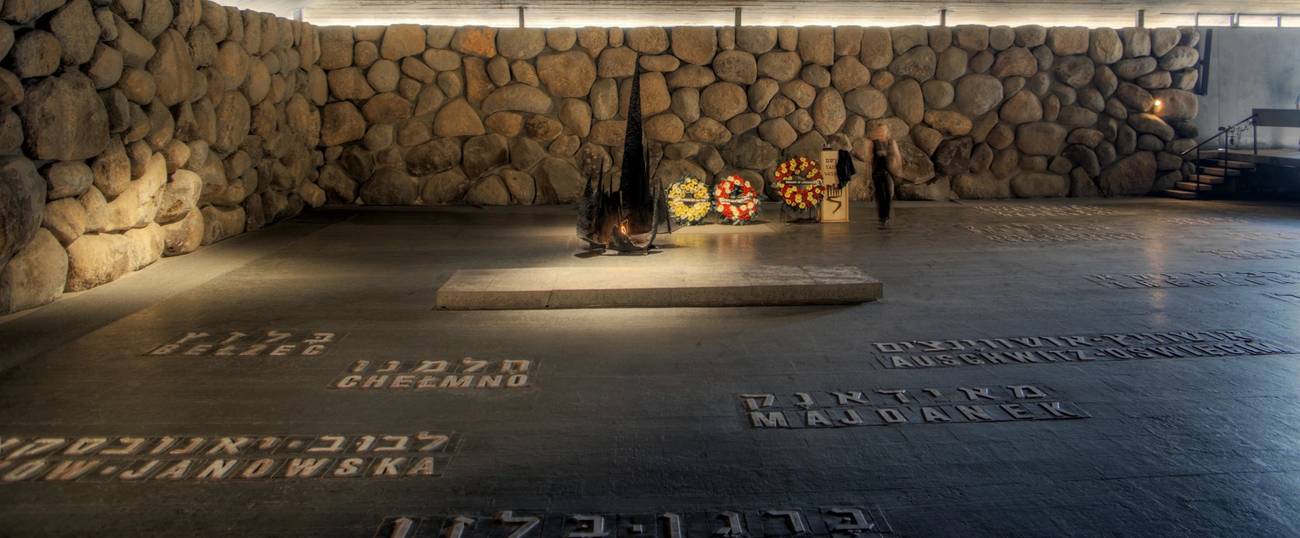Israeli Academic Supports BDS Because Yad Vashem Doesn’t Commemorate Palestinian Suffering
Radicals say the darndest things




Earlier this year, The International Association for Relational Psychoanalysis and Psychotherapy announced that it will hold its 2019 meeting in Israel, which triggered an unsurprising torrent of calls to boycott the proceedings or move them elsewhere.
Not to be outdone by their fulminating peers abroad, a good number of Israeli psychoanalysts who identify as radical leftists (or am I repeating myself?) quickly joined those who advocate for the singling out of the Jewish state for calumny. The debate raged on mainly among members of Psychoactive, a group that defines itself as “mental health professionals for human rights.” A minority of its members opposed supporting the boycott, stating, quite rationally, that the BDS movement is interested in little save for the delegitimization of Israel and that, besides, ideologically driven censures aren’t particularly conducive to free thought and speech. But most of Psychoactive’s members, according to reports in the Israeli press, voted to join in on the anti-Israel festivities.
Their arguments? Thus spake Ilana Lach, who teaches at the Academic College of Society and the Arts in Netanya: “We are not ‘good Israelis’ who don’t deserve to be boycotted because we don’t vote for Bibi or [Naftali] Bennett,” she wrote, attacking one of her colleagues who opposed the BDS movement. “You and I can’t boycott this country so long as we live in it, so we need to find other ways to resist… If there’s serious international pressure, like the kind applied in South Africa, maybe it’ll save us from ourselves.”
This lunacy alone, however, wasn’t enough for Lach. She had one more ace up her sleeve: BDS, she said, deserved support because Yad Vashem selfishly and chauvinistically commemorated only the suffering of Jews murdered in the Holocaust and not Palestinians oppressed by Israel.
“This temple, that does very important work pertaining to memory,” Lach wrote to her fellow Psychoactive members, “was erected on the homes of a Palestinian village that we razed, murdering and deporting its citizens” and failing to commemorate their suffering alongside that of the six million murdered by the Nazis.
You hardly need a PhD to realize just how intellectually indefensible and morally odious Lach’s argument truly is. For one thing, no credible documentation of any sort exists to support her claim about deportations, let alone murders, of Palestinians who once resided where Yad Vashem now stands. The village to which Lach is alluding, Hirbat Al Hamama, is hardly documented—as Lach herself admitted in a 2010 Psychoactive conference—by either Israeli or Palestinian historians, an oddity considering the number of interested parties invested in producing a detailed description of every single village impacted by the 1948 war. Zochrot, a far-left Israeli organization dedicated to mapping the Nakba, or Catastrophe, the Palestinian name for the war, similarly neglects to mention the village at all, and accounts by Israeli soldiers who fought there in 1948 recall a few empty outposts and one occupied by Jordanian soldiers, not helpless civilians. Considering the fact that the nearby village of Dir Yassin is now world famous for the killing of 107 Palestinians by Israeli fighters during combat in April of 1948, it’s highly unlikely that Hirbat Al Hamama, had it been the site of killings and deportations, would’ve remained virtually unknown and unmentioned by either side of the conflict.
But even if you believe, without any factual grounding, that Lach is right about her allegations of war crimes on Yad Vashem’s grounds, her demand that the institution subvert its mission of commemorating the victims of the Holocaust and instead memorialize the Palestinians who suffered during Israel’s War of Independence is noxious. To argue that Jews aren’t entitled to their own historical memory unless they first embrace the memory of their enemies is to claim not only that Israel has no right to exist as a nation but that Israelis have no right to exist as subjective human beings with agency, dignity, and pride.
BDS couldn’t have asked for a better spokesperson: Lach could’ve made her point just as clearly without evoking Yad Vashem and the Holocaust, but her pathology drew her instinctively to comparing Israelis to the Nazis, the anti-Semitic ur-conspiracy that washes away all the logical fallacies in supporting a boycott against Israel while having nothing to say about Syria, Iran, Russia, or any number of major human rights offenders. Luckily for Lach, a planeload of mental health professionals from all over the world will arrive in her native Israel soon. Help is on the way.
Liel Leibovitz is editor-at-large for Tablet Magazine and a host of its weekly culture podcast Unorthodox and daily Talmud podcast Take One. He is the editor of Zionism: The Tablet Guide.